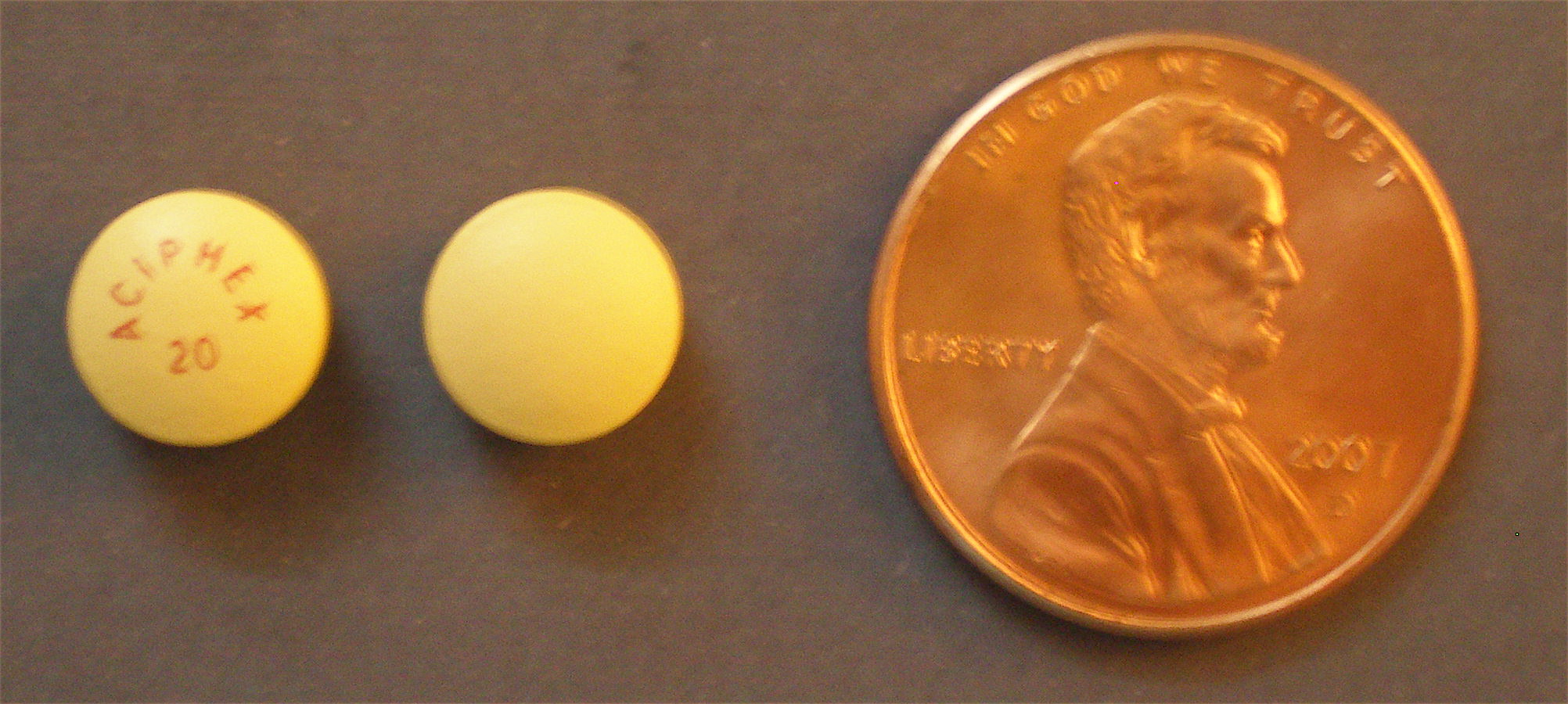| name | Rabeprazole |
| Classification | Proton Pump Inhibitors (PPIs) |
| Pharmacokinetics | Rabeprazole is rapidly absorbed after oral administration. It is primarily metabolized in the liver. The active metabolite is further metabolized and excreted in urine and feces. The peak plasma concentration is typically reached within 1-2 hours. The overall elimination half-life varies, but it's generally considered a short-acting PPI. |
| suggested dosage | | adult | Typically 20 mg once daily. Dosage and duration may vary based on the specific condition being treated. | | notes | Always follow the prescribed dosage and duration from your physician, as it is tailored to your individual needs. Never adjust dosage on your own. |
|
| indications | | 1 | Gastroesophageal Reflux Disease (GERD) | | 2 | Peptic Ulcer Disease | | 3 | Zollinger-Ellison Syndrome | | 4 | Dyspepsia | | 5 | Prevention of NSAID-induced gastric ulcers |
|
| safety in pregnancy | Limited data are available on the use of rabeprazole during pregnancy. It's categorized as a pregnancy category B. While generally considered safe during pregnancy, use should only be considered when the potential benefits outweigh the potential risks, under the close supervision of a doctor. |
| safety in breastfeeding | Rabeprazole is excreted in breast milk at low concentrations, but the clinical significance is not clearly established. Consult with your physician if breastfeeding, particularly if you are taking the medication for a prolonged duration. |
| side effects | | 1 | Headache | | 2 | Diarrhea | | 3 | Constipation | | 4 | Nausea | | 5 | Abdominal pain | | 6 | Flatulence | | 7 | Vomiting | | 8 | Skin rash | | 9 | Very rarely, serious liver problems (such as hepatitis or liver failure) | | 10 | Vitamin B12 deficiency (with long-term use) | | 11 | Bone fractures (with long-term use in high doses): A risk factor may exist, particularly in those with low calcium and vitamin D levels. |
|
| alternatives | |
| contraindications | | 1 | Known hypersensitivity to rabeprazole or other PPIs | | 2 | Severe hepatic impairment |
|
| interactions | | 1 | Drugs that affect liver function | | 2 | Drugs that are metabolized by the CYP2C19 enzyme | | 3 | Certain medications used to treat HIV infection | | 4 | Warfarin (blood thinner): May increase bleeding risk | | 5 | Clopidogrel (antiplatelet): May decrease the effectiveness of clopidogrel. |
|
| warnings and precautions | | 1 | Long-term use of PPIs may increase the risk of certain infections, such as pneumonia or Clostridium difficile infection | | 2 | Patients with a history of any medical conditions or allergies should discuss the use of rabeprazole with their doctor before taking it. | | 3 | Patients with low magnesium levels should be monitored closely while taking this medication due to potential magnesium deficiency. | | 4 | Patients with existing kidney problems should be monitored carefully. |
|
| additional informations | Always consult with a qualified healthcare professional for personalized advice on dosage, duration, and other aspects regarding rabeprazole use. Do not self-medicate. |
| patient details | |

